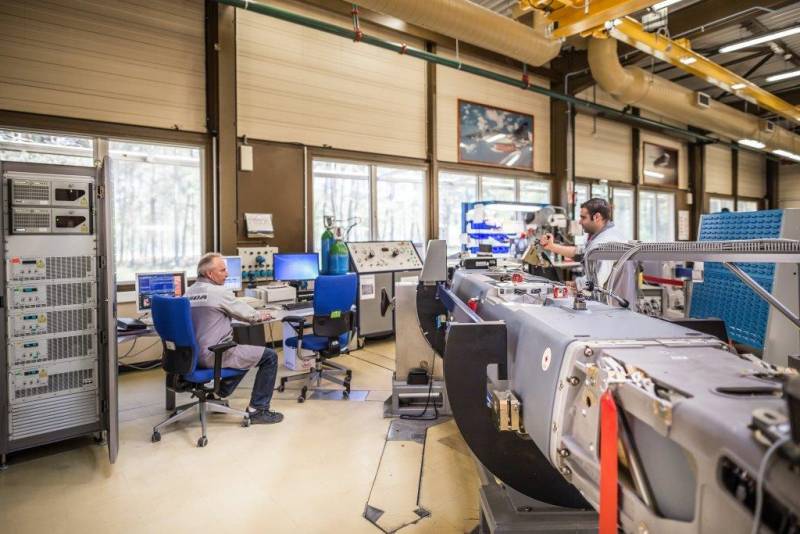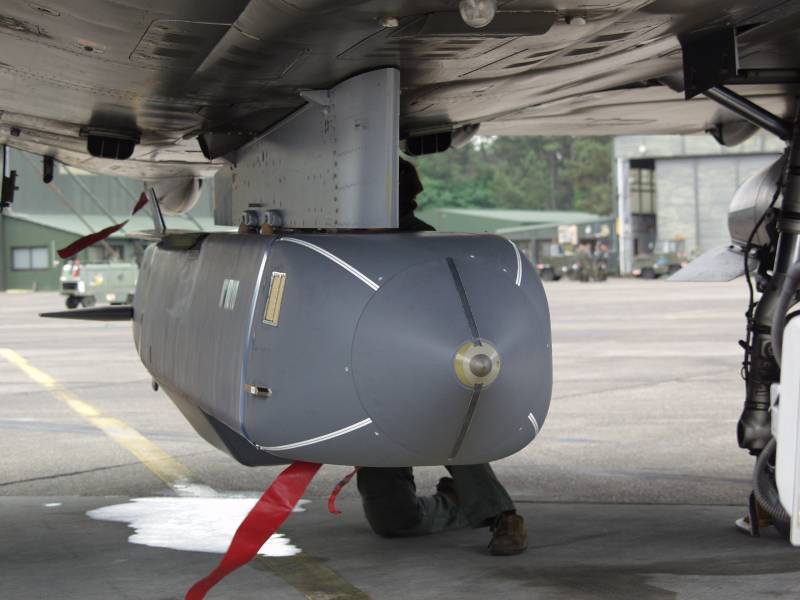
All workers who work only for wages are essentially wage-slaves due to the nature of the trade that takes place in the process of exchange between master and worker.
If several workmen were to be asked: “How much wages do you get?”, one would reply, “I get one hundred pounds a day”, and so on. According to the different branches of industry in which they are employed, they would mention different sums of money that they receive from their respective employers for the completion of a certain task. Despite the variety of their statements, they would all agree upon one point: that wages are the amount of money which the master pays for a certain period of work or for a certain amount of work.
The worker gets from the master a portion of the existing means of subsistence. For what purpose do these means of subsistence serve him? For immediate consumption. But as soon as I consume means of subsistence, they are irrevocably lost to me, unless I employ another work-time during which these means sustain my life in producing new means of subsistence, in creating by the work new values in place of the values lost in consumption. It is the exactly the noble reproductive power that the worker surrenders to the master in exchange for means of subsistence received. Consequently, he has lost it for himself.
It appears that the depot owners buy workers’ work for money, and that for this money another business owner sells the worker other work or goods required. But this is merely an illusion.
What actually been sold to the depot owner (the master) for money is the working power. This working-power the master buys for a day, a week, a month, etc. And after he has bought it, he uses it up by letting the worker work during the stipulated time.
With the same amount of money with which the master has bought their work-power (for example, with £100) he could have bought a certain number of components or of any other articles. The £100 with which he bought for an example 20 pounds of gun powder is the price of the 20 pounds of gun powder. The £100 with which he bought 12 hours’ use of working-power, is the price of 12 hours’ work. Working-power, then, is a commodity, no more, no less so than is the gun powder. The first is measured by the clock, the other by the scales.
The worker receives some means of subsistence in exchange for his working-power; the master receives, in exchange for his means of subsistence, labor, the productive activity of the worker, the creative force by which the worker not only replaces what he consumes, but also gives to the accumulated work a greater value than it previously possessed.
Let’s take another example. For £100 a worker works all day long in the depot of missile manufacturer, to whom he thus secures a return of at least £200. The manufacturer not only receives the replaced value which he has given to the day of worker, he has doubled it. Therefore, he has consumed the £100 that he gave to the day of worker in a fruitful, productive manner. For these £100 he has bought the work-power of a day of work, which creates products of the twice the value, and out of £100 makes £200 or more.
The worker, on the contrary, receives in the place of his productive force, whose results he has just surrendered to the master, one hundred, which he exchanges for means of subsistence, which he consumes more or less quickly. The £100 has therefore been consumed in a double manner – i) Reproductively for the master, for it has been exchanged for work, which brought forth two hundred; ii) Unproductively for the worker, for it has been exchanged for means of subsistence which are lost for ever, and whose value he can obtain again only by repeating the same exchange.
Let us take any worker; for example, an assembler. The master supplies him with the plastic, components and tools. The assembler applies himself to work, and the given components are turned into a missile, e.g. a weapon. The master takes possession of the weapon and sells it for nearly £1m, for example. Now are the wages of the assembler a share of the weapon, of the £100, of the product of the work. By no means in reality. Long before the weapon is sold, perhaps long before it is fully parts, the assembler has received his wages. The master, then, does not pay his wages out of the money which he will obtain for the weapon, but out of money already on hand. Just as little as weapon is the product of the assembler to whom they are supplied part and components by the employer, just so little are the goods and services which he receives in exchange for his main commodity – work-power – his product.
The exchange value of a commodity estimated in money is called its price. Wages therefore are only a special name for the price of work-power, and are usually called the price of labour; it is the special name for the price of this peculiar commodity, which has no other repository than human flesh and blood.
Wages, therefore, are not a share of the worker in the commodities produced by himself. Wages are the commodities of part of already existing commodities with which the master buys a certain amount of productive work.
Consequently, work-power is a commodity which its possessor, the worker, who sells it to the master. Why does he sell it? It is in order to live.
We are not explaining here the stupidity of making a weapon and selling it to that customer who will use it to kill other men, with a high chance of being killed himself in a shootout. This transaction does not fit into the common business simply because, by selling weapon the seller makes a one-time deal due to the risk of losing the customer for ever.

We do not speak the fact that the worker will consume the wage received for work. The master, who received the work of the worker, will certainly greatly increase the revenue and it’s productive capital will grows out of this deal, e.g. he gets richer but not a worker. It should only be noted that in the case of the weapons production, the worker actually works to hasten the death of the customer and thus to speed up the loss of his job. The worker should take into account working hours and add the hours spent searching for a new job.
Let us suppose the most favorable case: if productive capital grows, the demand for work grows. It therefore increases the price of working-power, wages.
A house may be large or small; as long as the neighboring houses are likewise small, it satisfies all social requirement for a residence. But let there arise next to the little house a palace, and the little house shrinks to a hut. The little house now makes it clear that its inmate has no social position at all to maintain, or but a very insignificant one; and however high it may shoot up in the course of civilization, if the neighboring palace rises in equal or even in greater measure, the occupant of the relatively little house will always find himself more uncomfortable, more dissatisfied, more cramped within his four walls. The whole apperance of the small property clearly indicated its fallen position.
An appreciable rise in wages presupposes an only rapid growth of productive capital. Rapid growth of productive capital calls forth just as rapid a growth of wealth, of luxury, of social needs and social pleasures. Therefore, although the pleasures of the worker have increased, the social gratification which they afford has fallen in comparison with the increased pleasures of the master, which are inaccessible to the worker, in comparison with the stage of development of society in general. Our wants and pleasures have their origin in society; we therefore measure them in relation to society; we do not measure them in relation to the objects which serve for their gratification, since they are of a social nature.
But wages are not at all determined merely by the sum of commodities for which they may be exchanged. Other factors enter into the problem. What the workers directly receive for their work is a certain sum of money. Are wages determined merely by this money price?
Certainly not, and there are many good examples to be found, but let’s take one directly related to the old common coins backed by gold and silver. In the 16th century, the gold and silver circulation in Europe increased in consequence of the discovery of richer and more easily worked mines in America. The value of gold and silver, therefore, fell in relation to other commodities. The workers received the same amount of coined silver for their work-power as before. The money price of their work remained the same, and yet their wages had fallen, for in exchange for the same amount of silver they obtained a smaller amount of other commodities. This was one of the circumstances which furthered the growth of capital, the rise of the super-rich rulers, in the 18th century. Instead of becoming rich and wealthy the worker in this situation becomes poor.
Let’s look at another case. In the winter, in consequence of bad policies, the most indispensable means of subsistence – food, clothes, heating, medical care, etc. – rose greatly in price. Let us suppose that the workers still received the same sum of money for their work-power as before. Did not their wages fall? To be sure. For the same money they received in exchange less heating, food, necessities, etc. Their wages fell, not because the value of coin was less, but because the value of the means of subsistence had increased.
Finally, let us suppose that the money price of working-power remained the same, while all agricultural and manufactured commodities had fallen in price due to the arrival of foreign workers or the appearance of new machines, new cheaper labor, of favorable seasons, etc. For the same money the workers could now buy more commodities of all kinds. Their wages have therefore risen, just because their money value has not changed. New foreign workers practically reduce wages, but not the price of subsistence. Instead of helping workers, this only makes the situation worse. Inexpensive goods coming from new low’cost foreign markets at first glance appear to increase wages, but in fact, on the contrary, completey destroy existing jobs.
The money price of work-power, the nominal wages, do not therefore coincide with the actual or real wages – i.e., with the amount of commodities which are actually given in exchange for the wages. If then we speak of a rise or fall of wages, we have to keep in mind not only the money price of working-power, the nominal wages, but also the real wages and the minimum wage which moves workers to the position of wage slaves.
But neither the nominal wages – i.e., the amount of money for which the worker sells himself to the master – nor the real wages – i.e., the amount of commodities which he can buy for this money – exhausts the relations which are comprehended in the term wages.
Wages are determined above all by their relations to the profit, the ruler, the master and capital owner (capitalist). In other words, wages are a proportionate, relative quantity.
Real wages express the price of work-power in relation to the price of commodities; relative wages, on the other hand, express the share of immediate work in the value newly created by it, in relation to the share of it which falls to accumulated work, to capital; slave wages are minimum wages so small that the worker cannot cover his expenses and cannot buy the necessities to last long in a normal and good life.
Therefore, since all market traders always make different agreements regarding the prices of commodities, there is nothing wrong with workers making their own fair wage agreement.
Today, anyone who has bad manners to continue producing more weapons, resulting in irreparable loss of customers, needs to be taught that failure to raise the minimum wage makes all workers wage slaves.
————————
* The articale “Contemprary Wage Slaves” is drawn from the works of classical sciences of political economy, and the list of relevant scholary works used and their authors can be provided upon request.






